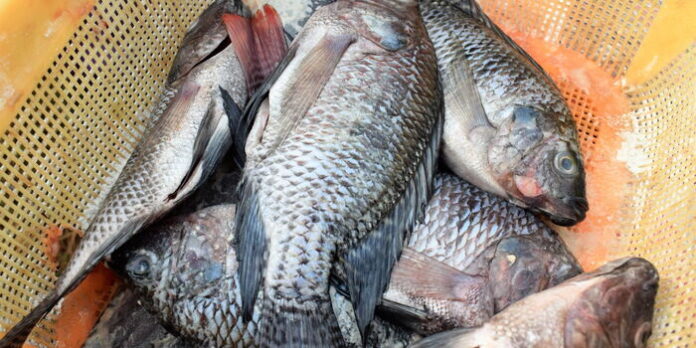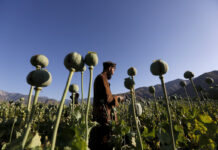Contrary to earlier government warnings, recent laboratory tests have revealed that fish from Lake Nakuru are now fit for human consumption, offering hope for local communities and informal traders who rely on the catch for livelihood.
The Kenya Marine and Fisheries Research Institute (KMFRI), in its latest assessment carried out between April and June 2025, found that concentrations of heavy metals in Nile tilapia and other indigenous species have fallen within the World Health Organization (WHO) and East African Community (EAC) safety thresholds.
Lead and chromium levels, previously reported at above-standard ranges, were found to have declined markedly, while arsenic a key concern in 2024 was no longer present at detectable limits according to the new data.
KMFRI’s findings follow an earlier study by Mary Florence Nantongo and colleagues which flagged elevated heavy metal content and pesticides in 2024, prompting calls for a ban on fishing and heightened regulatory controls.
The decline in contaminants has been attributed to renewed efforts by Nakuru County, Kenya Wildlife Service (KWS), and the National Environment Management Authority (NEMA) to curb industrial effluent discharge and to improve waste treatment upstream of the lake.
A series of rehabilitation projects launched in late 2024, focused on upgrading wastewater infrastructure and installing buffer zones, have also played a pivotal role in reducing toxic runoff.
Local fishermen and traders, who faced months of crackdowns and confiscation of catches in 2025 amid fears over contamination now view the revised findings as a long-awaited lifeline.
“This is a welcome change. Many families depend on fishing activities to survive, and the new test results mean we can operate without fear,” said one trader from Nakuru town. Observers caution, however, that reopening the fishery must be matched with rigorous monitoring.
Authorities have pledged to set up a joint lakeshore task force tasked with sampling fish every quarter and publishing results transparently.
The improved status of Lake Nakuru fish also raises prospects for restocking ecosystem balance. Analysts note that safe harvesting could reinvigorate the informal blue economy, reduce illegal fishing, and revitalise linkages with regional markets.
Nonetheless, experts warn vigilance against regression: consistent enforcement of industrial waste controls and sustainable fishery practices remains essential to protect public health gains.
With the new evidence, the Ministry of Blue Economy and Fisheries plans to officially lift the consumption ban within the month. An inaugural certification audit for fish processing facilities around the lake is expected in August 2025.
While communities cautiously welcome the news, long-term success hinges on sustained environmental management and adherence to quality standards amid rising ecological pressures.
Written By Ian Maleve



















